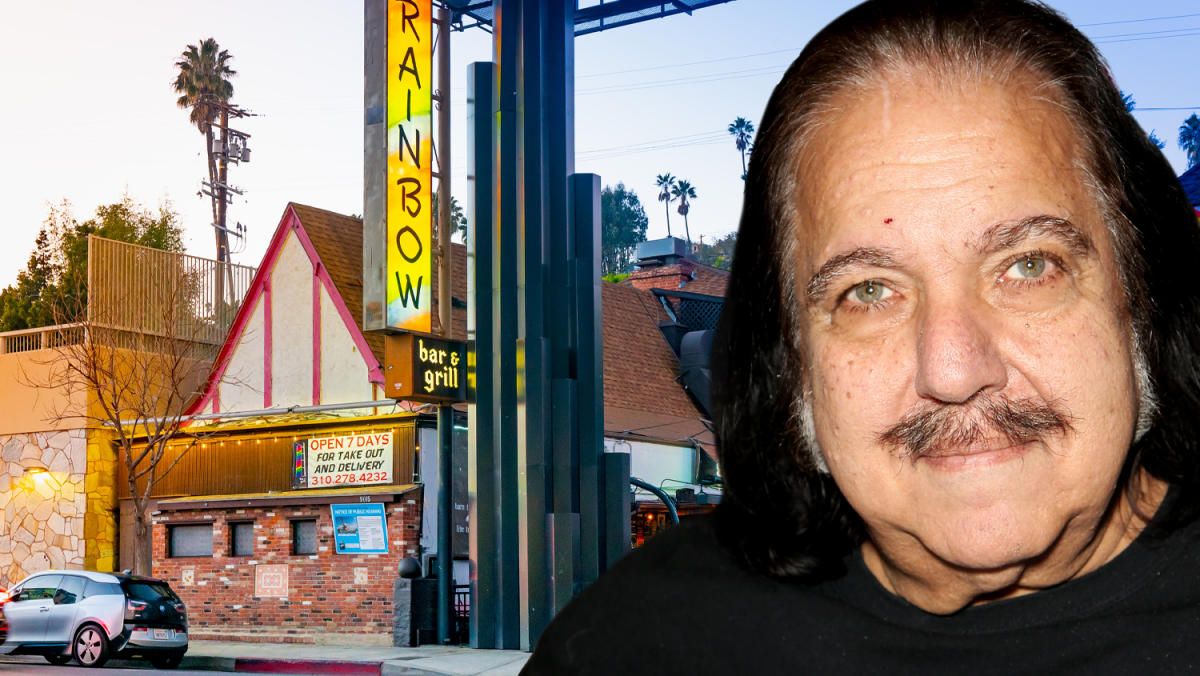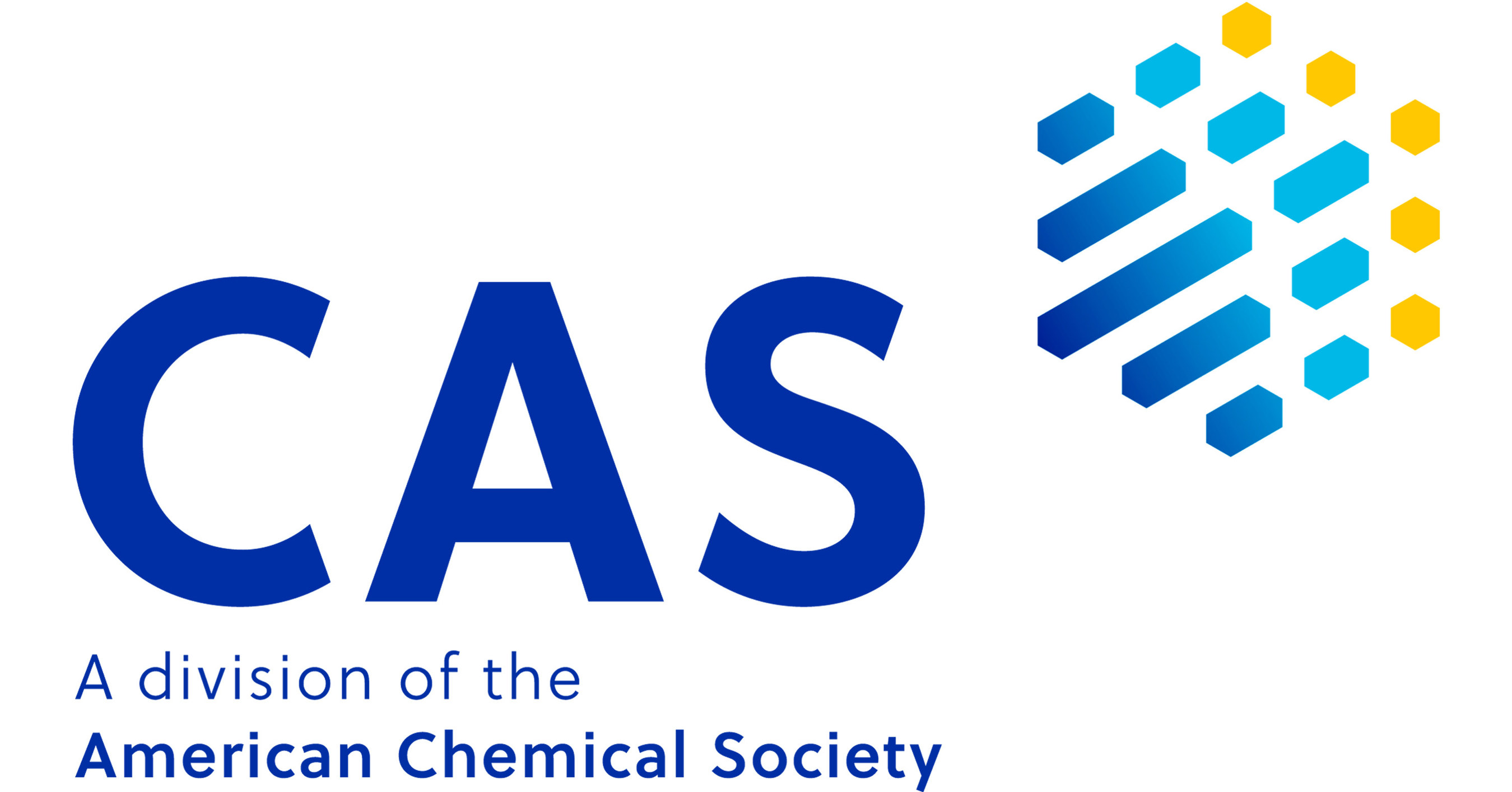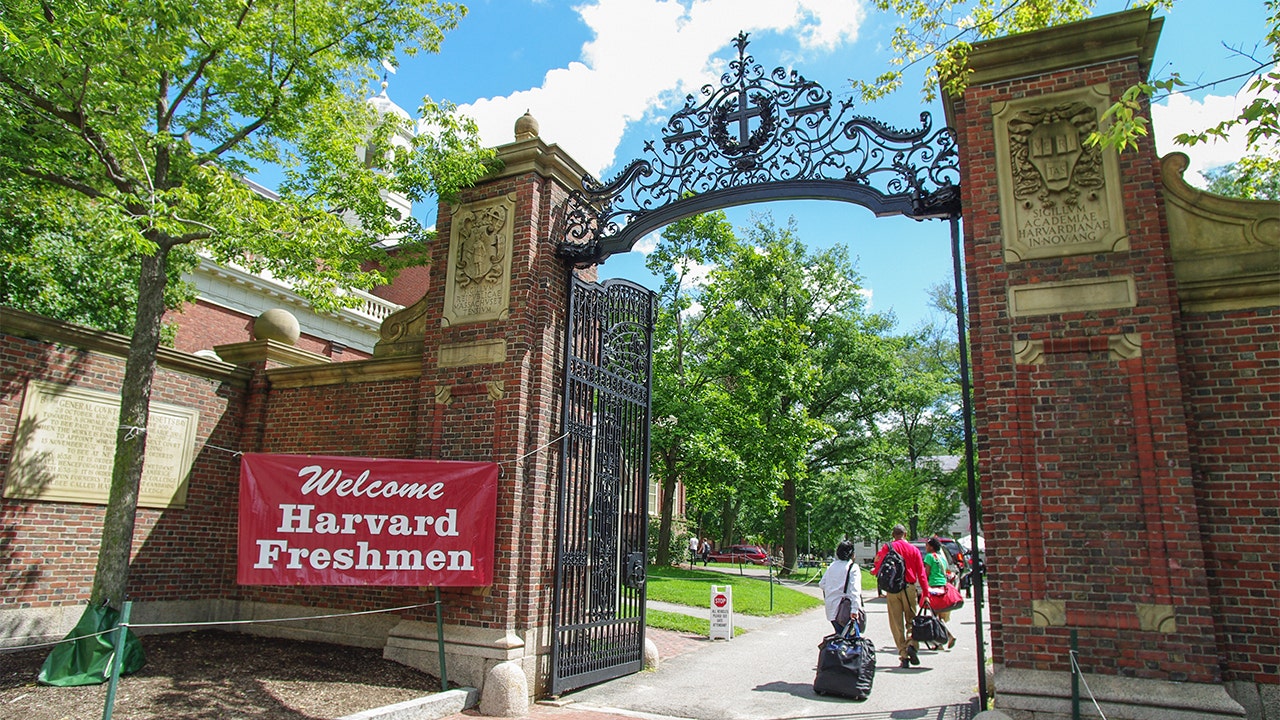With four movies about the Beatles on the distant horizon, Beatlemania is back.
Director Kevin Macdonald was working on his documentary One to One: John & Yoko long before Sony’s four-part Beatles biopics were announced — and long before they’ll ever be seen, as they’re not due for release until 2028 — but he’s happy to think deeply about how their story could be brought to the big screen regardless.
One to One: John & Yoko weaves together never-before-seen footage of the musical couple, from their concert performance at Madison Square Garden and their lives at home in New York's Greenwich Village. It also includes moments in American politics that transpired at the same time, like opposition to the United States’ involvement in the Vietnam War.
The "One to One" benefit concerts were the only full concert performances Lennon did after he left the Beatles in 1970. The one at the center of this documentary was held in August 1972 on behalf of children with intellectual disabilities at the Willowbrook State School in Staten Island, N.Y. John and Yoko were inspired to take action after watching a TV movie in 1972 called Willowbrook: The Last Great Disgrace that shed light on abuse that took place at the facility.
One to One: John & Yoko screened at Sundance Film Festival in January, where Macdonald spoke with Yahoo Entertainment about his unconventional documentary, the journey to bringing it to life and what a Beatles movie would have to include to be successful.
This interview has been edited for length and clarity.
Did you set out to make something that felt different from other Beatles documentaries?
Straight up, yes. When the producer, Peter Worsley, who had spent many years trying to get the rights to this concert from the family, approached me about doing it, we didn’t know each other, and I was torn two ways.
When I was 13, John Lennon died, and that precipitated me becoming a total mad Lennon fan in that very suggestive era of your early teens. Part of me was like, “Yes, this a childhood dream!” But another part of me was like, “There’s been so many Beatles-related films and books, I don’t want to just be adding to them.” So I thought I needed to do something different that’s artistically challenging and interesting to me, and also gives the audience a different kind of experience. Make it into something where it’s not about the facts and the rational, it’s about hanging out with them, getting to know them in a more intimate way of being immersed in the music and immersed in the times. The most immersive filmmaking experience you can have is in IMAX.
I pitched it to Sean Lennon, who has control of the family estate, and he said, “My mom would love that idea, let’s do it.” Then he left me alone. I’ve never had any interference there or whatever. They handed over all these boxes of incredible phone calls and black-and-white home movie footage and stuff.
The subject of the film is this great concert — although the concert was filmed, it was recorded very badly. But because of the advances in sound technology, they’ve figured out ways to remove background noise. Then you can start to remix and rebalance it, and that’s what they’ve done. Sean did that, and he did a great job of it.
So Sean was the connection you needed —
Absolutely. Sean and the people who work for the estate. They basically handed over a drive, which had a lot of the footage on it, and then all the original audio of the concert. Then about four or five months into editing, I get this phone call from a guy called Simon Hilton who works for the family. He’s an executive producer on the film. He said, “Oh, we just found this box of audio tape from exactly your time period. We’re not sure what’s on it.” It was like, 25 hours of phone conversations. They’re incredible. You feel like you’re eavesdropping on them as normal people chatting. I remember just sitting and listening to them for days. I really feel like I’m with them. I really feel like I know them! That was another bit of luck. For any documentaries, you rely on luck.
How did you get through that immense volume of video and recordings?
I have a great editor who is also the co-director of the film, Sam Rice-Edwards. He’s much harder working than I am. He did a lot of trawling through stuff to find the good bits. Then I would come in and listen to the good bits. Then we would work.
There’s a lot of trial and error with trying to figure out how much narrative we need. We need a little bit so the audience is sort of going on a journey, so it’s not totally random. But you want the audience always on the edge of feeling like this could go anywhere. It is totally random! But hopefully not too much.
One of the things we particularly aimed to do there was to — when you realize why the concert happened, that it was because of the kids [at Willowbrook] — that’s the kind of “oh shit!” moment that’s the turning point in the film. It all comes toward the end. It’s the context you’re getting for what was going on in the world and what was going on in their lives. Then the footage of the clips. It’s not until toward the end when you realize — oh my gosh, these kids.
Something I took away from this was — wow, John and Yoko were these big dreamers who gave great speeches, then actually followed through on what they were saying.
It’s so different from most youth today.
John Lennon and Yoko Ono in the documentary One to One: John & Yoko. (Courtesy of Magnolia Pictures)
They saw a documentary [Willowbrook: The Last Great Disgrace] and said, “Let’s do something for these kids.” Something else I think about a lot is how these days, people struggle to see celebrities as humans and to understand that they have lives and wants and needs and boring day-to-day lives like we do. This film shows so much of their mundane, daily lives as they were also doing big, world-changing things.
One of the things I was really keen to do was find a way to humanize Yoko for people. A lot of Beatles fans are still so negative about her. It’s incredible. I think she’s a great artist — not just visually, with her artwork — but as a musician. People think, “Oh, she can’t sing. She screams!” And, well, that’s the point! You can hear in the film that she can sing beautifully. But she’s like a punk. She’s expressing herself and doing this primal scream. That’s confronting, but deliberately. I think I wanted people to understand that.
We almost did this switcheroo, so when you get to the end of the film, it almost becomes Yoko’s perspective. She’s at a feminist conference and John is just tagging along. He’s the only man in the room. They’re voting to get rid of him to sort of give her her due, to give her that moment of sympathy. And then she sings that beautiful song, age 39, feeling pretty suicidal — and you understand, suddenly from her, that she’s a human being who’s been broken by the way people have treated her. She’s hurting because she’s lost her child who has been kidnapped. And you know, people have known that about her daughter Kyoko forever. It’s not a secret. But nobody ever talked about it. Maybe because in some way there was an interest in her context. But as soon as you look at what’s going on in their lives, and you see it through the perspective of missing their child, it suddenly makes everything very different.
It’s about them missing their daughter and the pain of that. That’s why they’re so moved by the kids on TV, because they’re missing their child. And at the end, things are made right by the fact they have Sean. It’s about the children in your life and the pain if you don’t have them and the loss and joy that they bring. How they love their daughter who is missing precipitates this great concert.
There’s a lot of talk about upcoming movies about the Beatles. Is there anything that you think has to be included in those movies in order for them to be successful?
I don’t know what it is, exactly, that they are doing. I don’t think they do either. I know they’re doing four films, each one from the perspective of a different Beatle. If I was doing that, I would do [this]: One of the Beatles [is the subject] up to the point of them becoming the Beatles in 1961 or 1962, then one does the Beatles era. And then one does the ’70s — that would be John. Then one does after that. So you do the whole bit through their eyes. I’m not sure what they’re doing, but that’s what I would do.
You could start with the early part of it as Ringo’s biopic up until 1962 and he joined the band. Then maybe you have Paul for the Beatles period. Then you have John. Then you have — I don’t know. Anyway, whatever. I’m not sure how they’re going to do it, but I hope it’s going to be social. It’s going to be as much about the times as it is about them as individuals. I feel like we do know them pretty well at this stage, particularly during the Beatles period. So I hope they make it as much about what’s going on around them.
I really liked A Complete Unknown. … I’m a big [Bob] Dylan fan, and I thought, “Why do we need a biopic of Dylan?” But I watched it, and I thought, “This is really smart because they made it about the times!” They made it about — or what I took from it was — to be an artist, you’ve also got to be a f***ing bastard. That goes with the territory. You’ve got to move on. You’ve got to trample people. You’ve got people who want to keep you there. You’ve just got to ignore those siren calls and keep it moving. I thought, “That really is worth making a film about.”
One to One: John & Yoko is now playing in theaters (including IMAX).
.png)
 German (DE)
German (DE)  English (US)
English (US)  Spanish (ES)
Spanish (ES)  French (FR)
French (FR)  Hindi (IN)
Hindi (IN)  Italian (IT)
Italian (IT)  Russian (RU)
Russian (RU) 




Comments